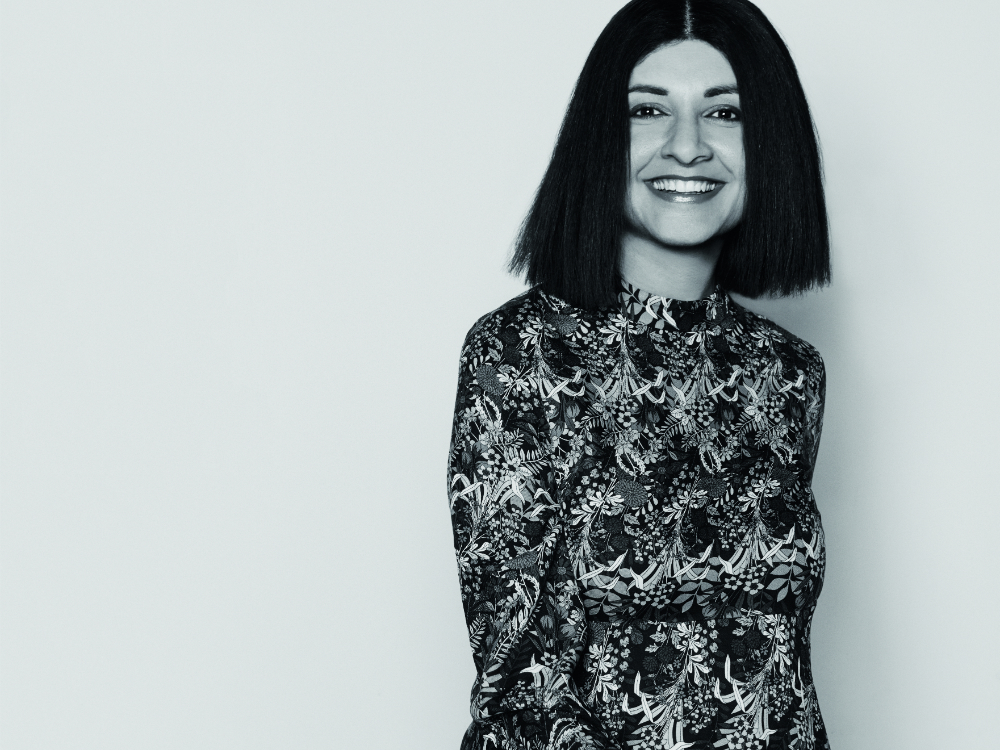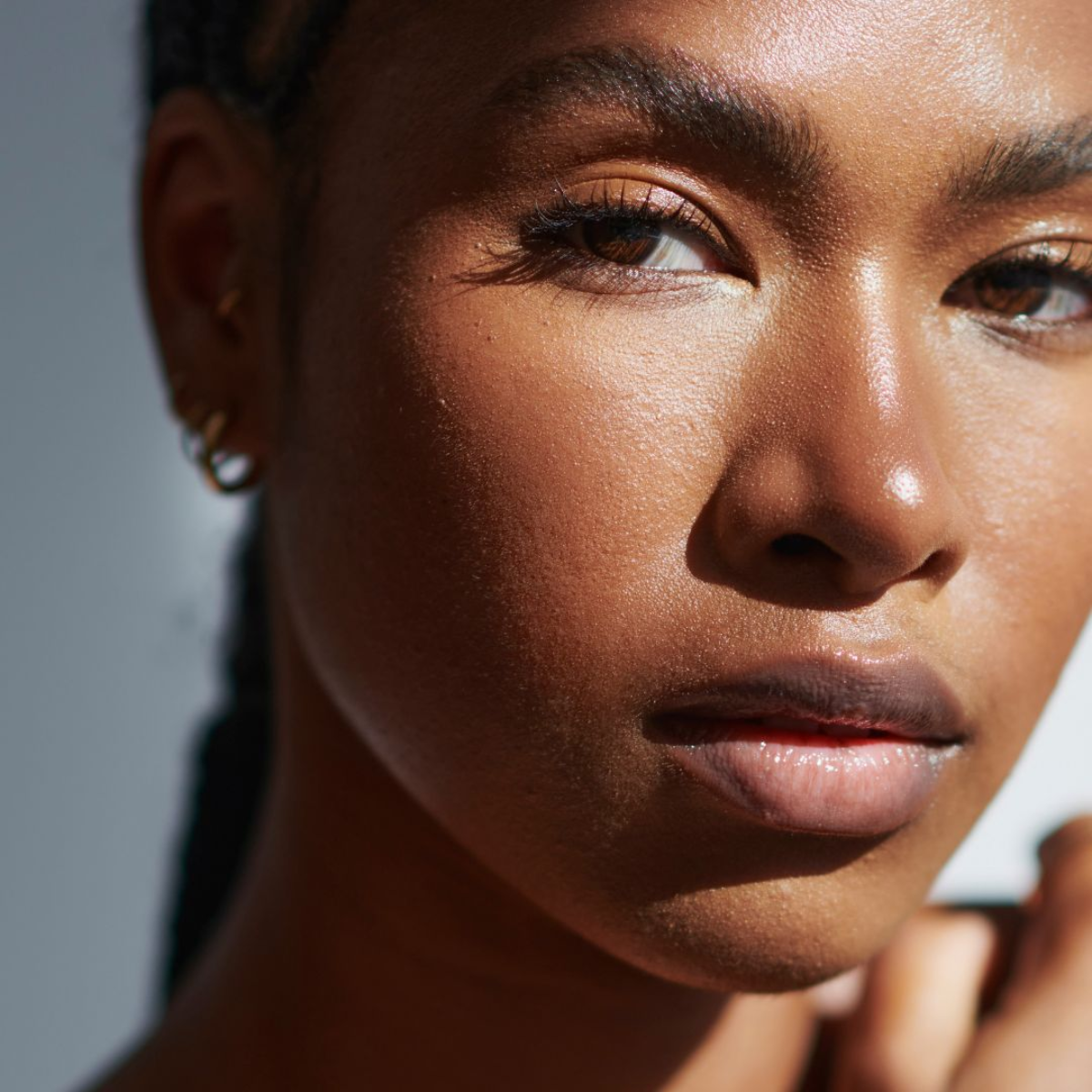Tehmina Kazi: 'Abuse Against Female Activists Occurs Through A Gendered Lens'
As part of our week's campaign to #BREAKFREE from racism and islamophobia, Tehmina Kazi explains what you need to do, if you want to be an activist...

As part of our week's campaign to #BREAKFREE from racism and islamophobia, Tehmina Kazi explains what you need to do, if you want to be an activist...
Most people you meet are not overly attached to their jobs, and see them as a means to an end, switching off at the end of every working day. But as a campaigner against all forms of extremism – particularly against religious fundamentalism – you can expect to be on call most evenings, working hard to change minds, and trying to win people’s hearts.
As the Director of Media, Outreach and Lobbying at British Muslims for Secular Democracy, a charity that raises awareness of the benefits of living in a secular democracy, I can’t complain – I chose this way of life because I passionately believe in the cause. I was blogging about these issues back in 2003, around six years before I got paid for working on them.
But what does anger me is the intra-community abuse we receive as secular and progressive activists in Muslim communities, which is much worse than anything we get from the far-right.
In 2011, I had to contact police over threats of violence I received after a CNN interview, where I defended Dr Usama Hasan’s right to speak about evolution.
In 2010, a now-defunct blog started attacking me in the most personal terms, when my organisation published an Advice for Schools on cultural and religious issues affecting Muslim pupils. Our “crime?” Encouraging compromise and open communication between teachers and parents, rather than separatism and special demands. Comments on this blog speculated, among other things, that “I must wear miniskirts” (I don’t, but so what if I did?). As usual, abuse against female activists occurs through a gendered lens, but it is even uglier when it takes on the mantle of religious fundamentalism.
More recently, my friend and associate Sara Khan, Director of the Muslim women’s group Inspire, had to close her Twitter account after receiving a barrage of abuse and harassment from fellow users. Much of the abuse wasn’t even about something she had done, but consisted of attempts to link her to (fellow reformer) Maajid Nawaz’s reported visit to a lap-dancing club – which had nothing to do with her.
Marie Claire Newsletter
Celebrity news, beauty, fashion advice, and fascinating features, delivered straight to your inbox!
It goes without saying that we are open to criticism about our work, particularly constructive criticism. However, there is a massive difference between that and criticism which is based on fabrication or exaggeration, or takes the form of personal abuse. It is alarming that hardliners in Muslim communities – who frequently make public statements that are inimical to modern equality and human rights standards – don’t even seem to get polite critiques of their words and actions. At least, not at the same level that the reformers do.
So what is the way forward?
Firstly, I would recommend anyone entering this line of work to cultivate a strong support network, from the activist and journalist worlds, as well as from loved ones, and ordinary people who only dip their toe into these waters occasionally. It is important to rebut any factual misrepresentations of one’s work immediately, particularly when said misrepresentations are being broadcast by people of influence.
Secondly, there needs to be a sustained critique of hardline ideologies within religious communities. By hardline ideologies, I mean not just those that promote violence to achieve political ends, but a whole range of attitudes including misogyny, homophobia and intolerance of dissent within religious communities. Critique of these ideologies must not only emanate from “the usual suspects.” I am pleased to see the emergence of new voices in the battle for reform, like the ex-Muslim Aliyah Saleem (who recently wrote about her experiences of madrassah education in The Times).
Thirdly, the police need better training in the politics of this sector, as well as training on how to deal with social media intimidation more effectively.
Let’s make 2016 a year where we #breakfree of hardliners, hatemongers and their enablers.
The leading destination for fashion, beauty, shopping and finger-on-the-pulse views on the latest issues. Marie Claire's travel content helps you delight in discovering new destinations around the globe, offering a unique – and sometimes unchartered – travel experience. From new hotel openings to the destinations tipped to take over our travel calendars, this iconic name has it covered.
-
 Selena Gomez has re-entered the conversation about her 'Emilia Pérez' criticism
Selena Gomez has re-entered the conversation about her 'Emilia Pérez' criticismBy Jenny Proudfoot
-
 I'd never run a marathon before - six years on, I'm one of the UK's fastest female marathoners. Here's how I train every week
I'd never run a marathon before - six years on, I'm one of the UK's fastest female marathoners. Here's how I train every weekSerious inspo, served.
By Ally Head
-
 There’s a big difference between sensitive and *sensitised* skin—here are four derms on the key distinctions
There’s a big difference between sensitive and *sensitised* skin—here are four derms on the key distinctionsPlus, ways to approach both
By Denise Primbet